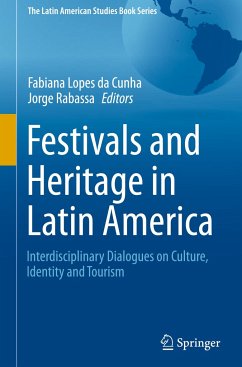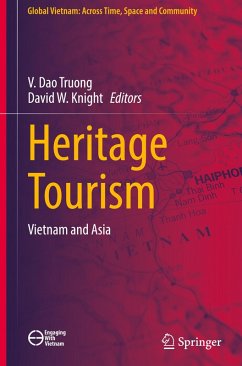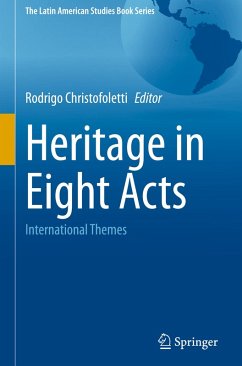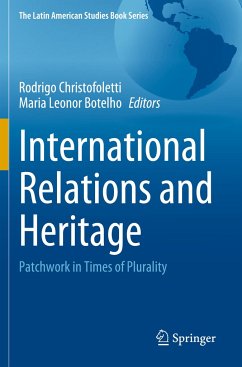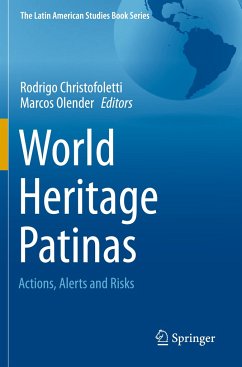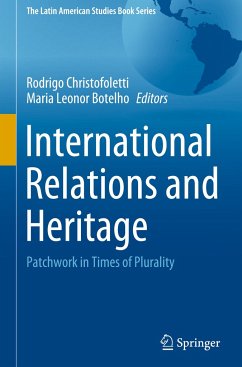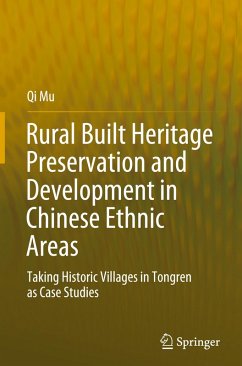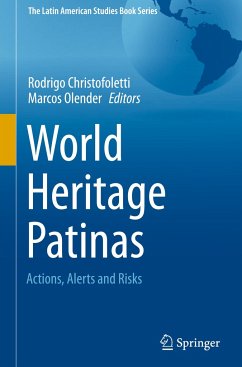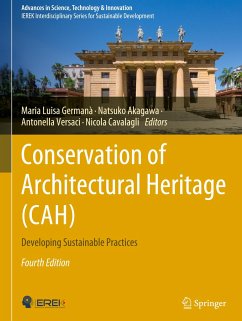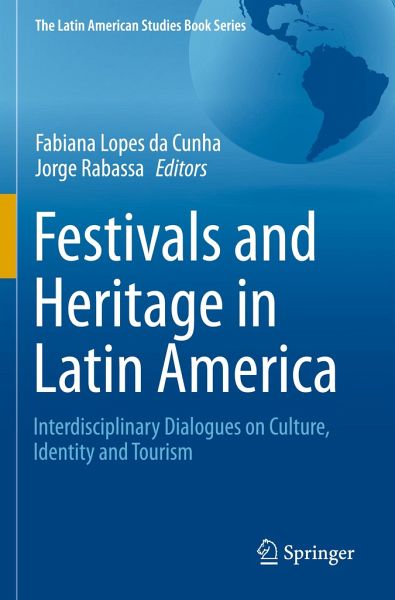
Festivals and Heritage in Latin America
Interdisciplinary Dialogues on Culture, Identity and Tourism
Herausgegeben: Lopes da Cunha, Fabiana; Rabassa, Jorge
Versandkostenfrei!
Versandfertig in 6-10 Tagen
53,99 €
inkl. MwSt.

PAYBACK Punkte
27 °P sammeln!
This book explores a variety of heritage dialogues, from global and specific approaches, combining different views, perceptions and senses. Following the first volume on Latin American Heritage as published in this book series in 2019, this new volume focuses on music, dance and railway heritage, considering artistic, archaeological, natural, ethnological and industrial aspects. It is divided into four thematic sections - 1) parties and cultural heritage, 2) railway heritage and museums, 3) archaeological heritage and tourism, and 4) cultural landscape and tourism - and presents chapters on a ...
This book explores a variety of heritage dialogues, from global and specific approaches, combining different views, perceptions and senses. Following the first volume on Latin American Heritage as published in this book series in 2019, this new volume focuses on music, dance and railway heritage, considering artistic, archaeological, natural, ethnological and industrial aspects. It is divided into four thematic sections - 1) parties and cultural heritage, 2) railway heritage and museums, 3) archaeological heritage and tourism, and 4) cultural landscape and tourism - and presents chapters on a diverse range of topics, from samba and cultural identities in Rio de Janeiro and London to the "musealization" of railway assets, the history of Antarctic archaeology, the value of scenic landscapes and urban memory in Spain, and the cultural landscape of Brazil.
This unique book explores a variety of heritage dialogues, pursuing global and specific approaches, and combining different views, perceptions and senses, including video fragments.
This unique book explores a variety of heritage dialogues, pursuing global and specific approaches, and combining different views, perceptions and senses, including video fragments.





